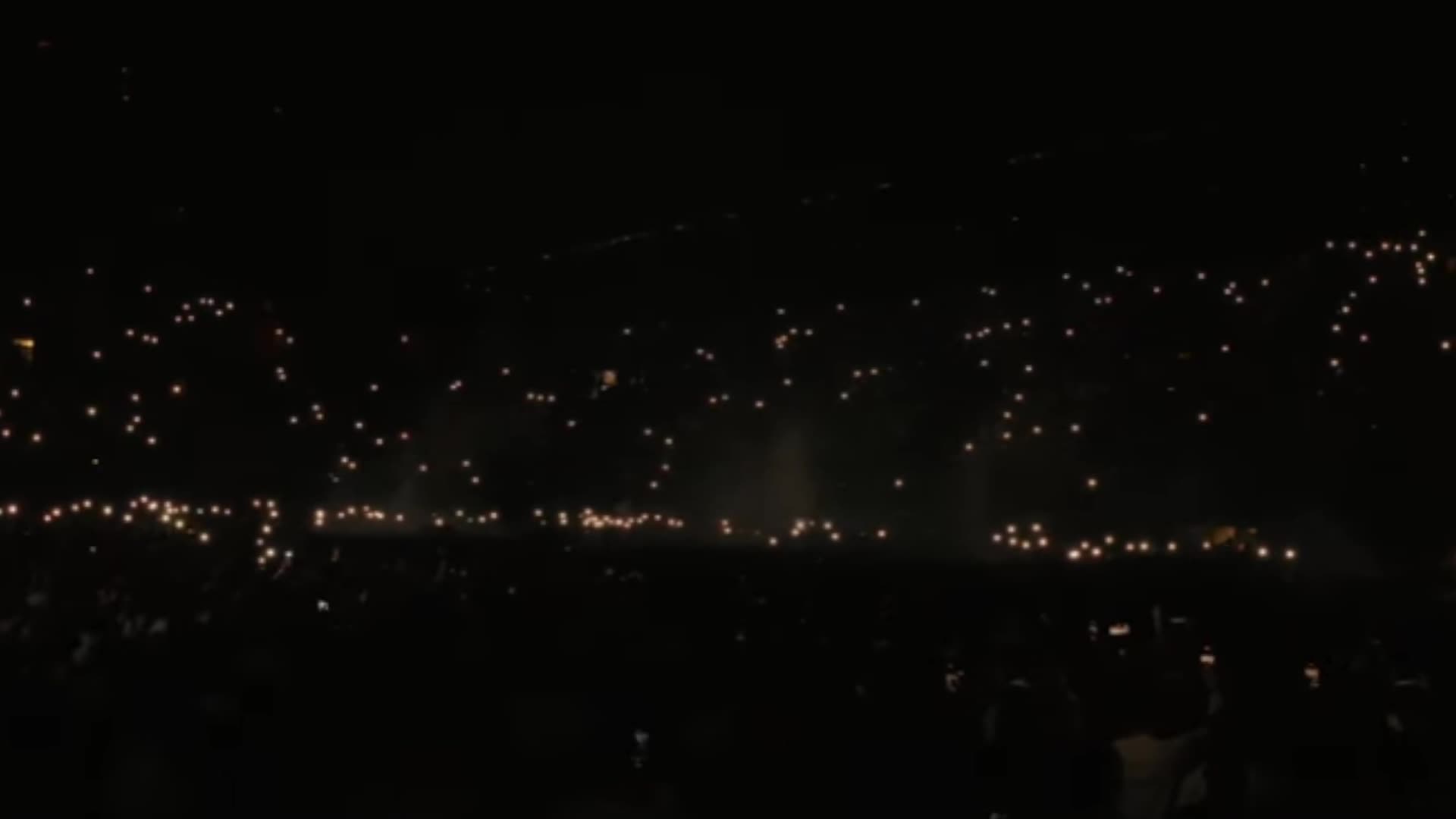Premium Only Content

SDO: Year 6 Ultra-HD
Solar Dynamics Observatory is always watching. Launched on Feb. 11, 2010, SDO keeps a 24-hour eye on the entire disk of the sun, with a prime view of the graceful dance of solar material coursing through the sun's atmosphere, the corona. SDO's sixth year in orbit was no exception. This video shows that entire sixth year -- from Jan. 1, 2015, to Jan. 28, 2016, as one time-lapse sequence. At full quality on YouTube, this video is ultra-high definition 3840x2160 and 29.97 frames per second. Each frame represents 2 hours. A downloadable version has a frame rate of 59.94 with each frame representing 1 hour. See below for the link. SDO's Atmospheric Imaging Assembly (AIA) captures a shot of the sun every 12 seconds in 10 different wavelengths. The images shown here are based on a wavelength of 171 angstroms, which is in the extreme ultraviolet range and shows solar material at around 600,000 kelvins (about 1,079,540 degrees F). In this wavelength it is easy to see the sun's 25-day rotation. During the course of the video, the sun subtly increases and decreases in apparent size. This is because the distance between the SDO spacecraft and the sun varies over time. The image is, however, remarkably consistent and stable despite the fact that SDO orbits Earth at 6,876 mph, and Earth orbits the sun at 67,062 mph. Scientists study these images to better understand the complex electromagnetic system causing the constant movement on the sun, which can ultimately have an effect closer to Earth, too: Flares and another type of solar explosion called coronal mass ejections can sometimes disrupt technology in space. Moreover, studying our closest star is one way of learning about other stars in the galaxy. NASA's Goddard Space Flight Center in Greenbelt, Maryland, built, operates and manages the SDO spacecraft for NASA's Science Mission Directorate in Washington, D.C.
-
 LIVE
LIVE
Akademiks
1 minute agoDay 4/30. Young Thug Kicks Gunna outta YSL? Derozan Scraps w/ Fan. Kendrick Stadium tour starts.
369 watching -
 43:16
43:16
Mike Rowe
4 days agoHe Manages Billions WITHOUT A College Degree?! | David Bahnsen #431 | The Way I Heard It
9.55K9 -
 15:51
15:51
DeVory Darkins
1 day ago $6.05 earnedDemocrats suffer HUGE BLOW in court as contempt order paused
14.1K87 -
 15:53
15:53
The Connect: With Johnny Mitchell
9 hours ago $0.29 earnedThe Truth About Ross Ulbricht & The Silk Road: How One Man Became The Internet's BIGGEST Drug Dealer
1.95K -
 22:53
22:53
The Brett Cooper Show
2 days ago $5.95 earnedThe Rise of Fake Gurus & Online Cults | Episode 23
20.9K26 -
 LIVE
LIVE
Total Horse Channel
13 hours agoWinnemucca Spring Spectacular Cow Horse Show and Derby - Saturday
291 watching -
 LIVE
LIVE
After Work Gaming
2 hours ago“🍺 SOJU SATURDAY “🍺 THE FINALS SEASON 6
63 watching -
 19:01
19:01
Russell Brand
8 hours agoTheo Von Just SHOCKED EVERYBODY With His Take on Trump Tariffs
55.8K78 -
 14:22
14:22
Tundra Tactical
3 hours ago $2.36 earnedTRUMP DOJ Decides CZ Scorpion Is A Decepticon.
19.3K11 -
 LIVE
LIVE
Culturama Podcast
1 hour agoEaster Special! Hollow Knight Stream!
40 watching